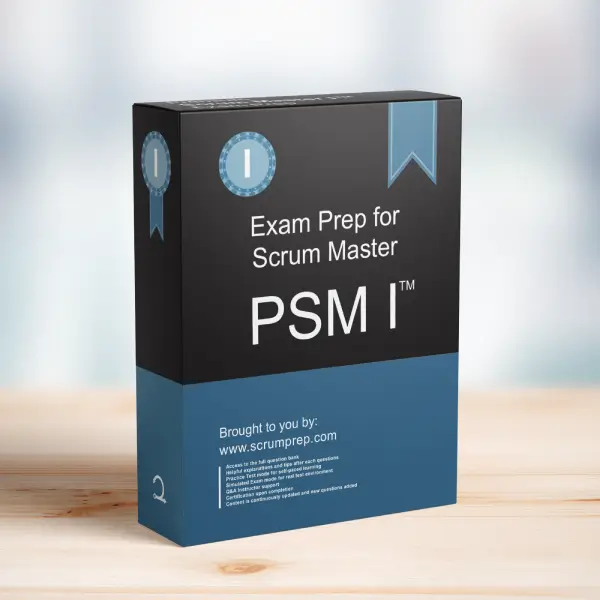Understanding the Composition of a Scrum Team
The Scrum Team is a fundamental unit within the Scrum framework, and understanding its composition is crucial for effectively implementing Scrum practices. Here’s an analysis of an exam question related to the members of a Scrum Team:
Exam Question
Who is on the Scrum Team? (choose all that apply)
- A. Scrum Master.
- B. Product Owner.
- C. Developers.
- D. Project Manager.
- E. None of the above.
Correct Answers
A. Scrum Master.
B. Product Owner.
C. Developers.
Explanation
Why A, B, and C are Correct
The Scrum Team consists of three distinct roles: Scrum Master, Product Owner, and Developers. Each role has specific responsibilities that contribute to the success of the Scrum Team and the delivery of valuable product increments.
Key Roles in a Scrum Team:
- Scrum Master: Facilitates Scrum events, helps remove impediments, and ensures that the team follows Scrum principles and practices. The Scrum Master acts as a coach and guide for the Scrum Team and the organization.
- Product Owner: Responsible for maximizing the value of the product by managing the Product Backlog. The Product Owner prioritizes backlog items based on stakeholder input and business value, ensuring that the team works on the most valuable tasks.
- Developers: A cross-functional group of individuals who work together to create a potentially shippable product increment each Sprint. Developers handle all aspects of product development, including coding, testing, designing, and integrating.
Examining the Other Options
D. Project Manager: In Scrum, there is no role called Project Manager. The responsibilities typically associated with a Project Manager are distributed among the Scrum Master, Product Owner, and Developers. This distribution promotes collaboration and self-organization within the team.
E. None of the above: This option is incorrect as it ignores the defined roles within the Scrum Team, which are essential for implementing Scrum effectively.
Roles and Responsibilities in Scrum
- Scrum Master: Facilitates Scrum processes, supports the team in following Scrum practices, and removes impediments.
- Product Owner: Manages the Product Backlog, prioritizes tasks, and ensures the team delivers valuable increments.
- Developers: Work collaboratively to complete tasks, create product increments, and ensure the quality and functionality of the product.
Relevance to the PSM I Exam
Understanding the composition and roles of the Scrum Team is vital for the PSM I exam. This knowledge helps candidates recognize the importance of each role and how they contribute to the successful delivery of product increments. Mastery of these concepts is essential for effectively implementing Scrum practices and achieving certification.
Conclusion
The Scrum Team is composed of the Scrum Master, Product Owner, and Developers. Each role is essential for the successful implementation of Scrum, ensuring that the team delivers valuable product increments through collaboration and self-organization. Understanding the composition and responsibilities of the Scrum Team is crucial for success in the PSM I exam.
For comprehensive preparation and practice exams, check out PSM I Exam Prep to enhance your understanding and application of Scrum principles.




